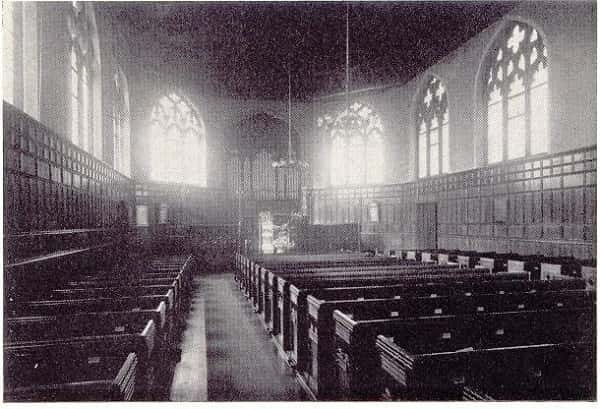 In a standard work on “Church History”, which is to say in a textbook on the subject, we will often read that the Christian Church started in Jerusalem and spread slowly to Greece and Rome, and then out to the rest of the Roman Empire.
In a standard work on “Church History”, which is to say in a textbook on the subject, we will often read that the Christian Church started in Jerusalem and spread slowly to Greece and Rome, and then out to the rest of the Roman Empire.
Remember that “Greece” did not exist outside the Roman Empire, at that time. Several Church Fathers, writing in the third or fourth Centuries, say this or at least try to leave this impression. Interestingly, they are wrong.
We err, when we look to writers from the Second Century or later for our earliest Church History. Where should we look? Well, why not to the founding documents, themselves? Almost everybody agrees that the early Church was spread first by the Apostles; why not look in the book called “The Acts of the Apostles”? That book has always been accepted as both valid and accurate.
It was written by Luke, who may not have been an Apostle, but who was an associate of several of them, and whose other known work, the Gospel according to Luke, was universally accepted in the early days of the Church. Luke is in reality only Volume 1 in a two (or possibly three) volume work. Acts is the second volume. In Acts, we learn of the spread of the Church at the hands of Peter and Paul, as well as several other early evangelists. What does Acts (and therefore Luke) say about the earliest days of the Church? Does he support the Rome/Greece centers spreading out around the Mediterranean Basin?
No. As a matter of fact, Luke, in Acts, gives us a very different picture of the earliest days of the Church. Look at Acts, Chapter 2, verses 5 through 41. It’s all about the first Pentecost, sometimes called “the birthday of the Church”. Several (or perhaps all) of the Apostles preached in the Temple and in the streets of Jerusalem, that day, to Jews “from every nation under heaven” (v. 5), more than 3,000 of whom were converted, and joined the Church (v. 41). In between those two verses, we’re told in considerable detail exactly who these converts were and where they came from.
According to Luke, on that very first day of the Church’s existence, men from Parthia, Media, Elam, Mesopotamia, Judea, Pamphylia, Egypt, Cappadocia, Pontus, Asia, Libya, Cyrene, Rome, Crete, and Arabia, at the very least, were there (v. 9-11) and became converts. Look these places up on a map. Everywhere in the Roman Empire and several places outside it (in the Persian Empire, for instance) had members of the church on the very first day of its existence.
Are we to assume that these men, or even most of them, simply went home a few days later and forgot everything they’d experienced that day in Jerusalem? Or, did they talk about it? Did they organize “house churches” and tell their friends the good news and not just wait for the Apostles to show up and help them along? The latter seems by far the most likely, to this writer.